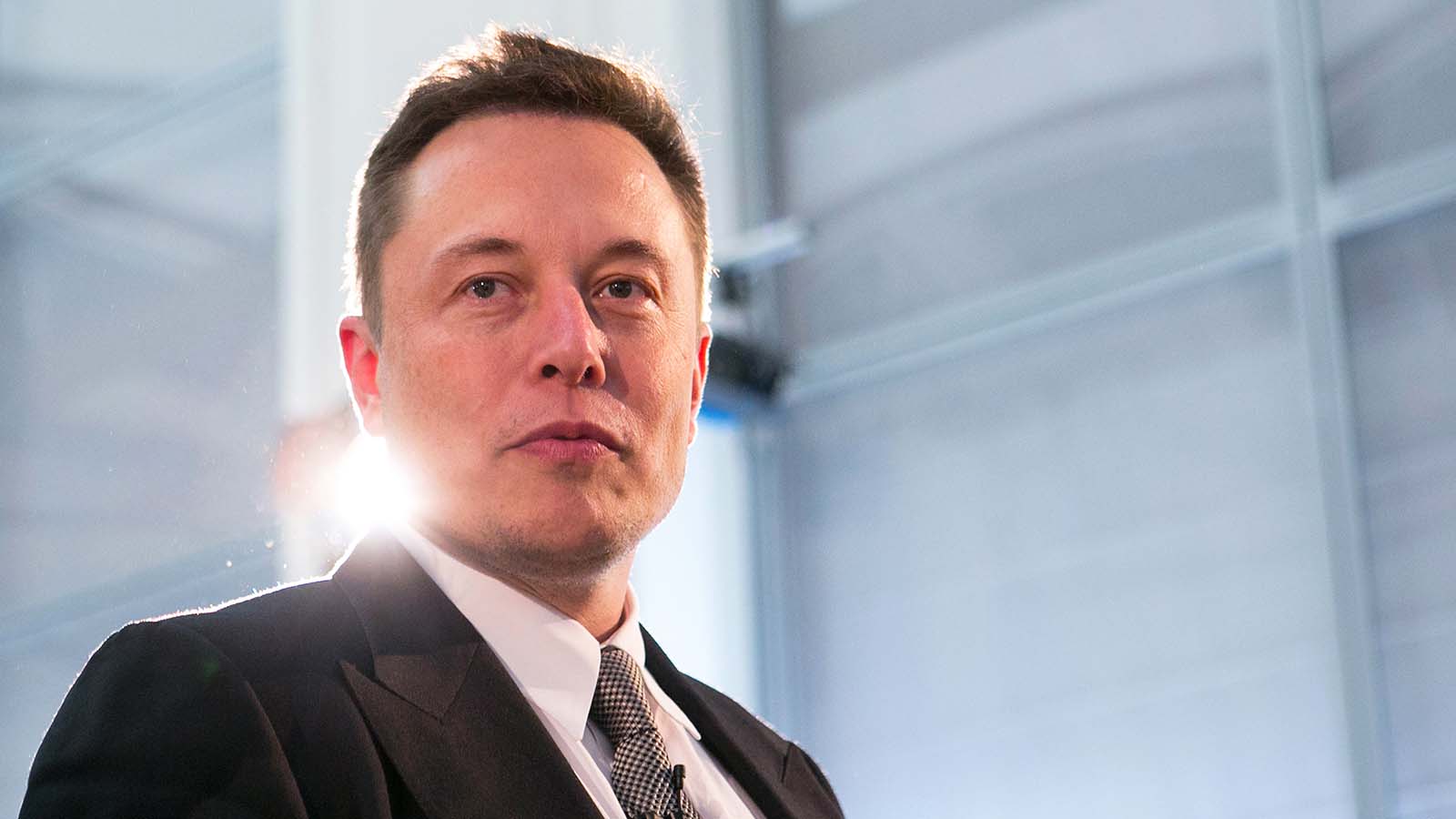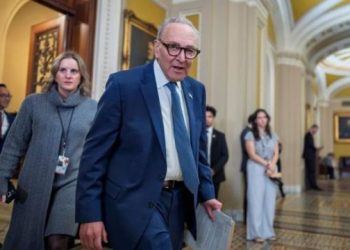In the aftermath of Elon Musk’s staunch defense of the H-1B visa program, reports suggest that Tesla replaced U.S. employees laid off earlier this year with foreign workers holding these visas. The move has raised concerns about the program’s use to displace American workers in favor of cheaper labor.
Electrek reports, citing information from current and former Tesla employees as well as U.S. Department of Labor data, that Tesla significantly increased its reliance on H-1B visas after laying off approximately 15,000 U.S. workers in April 2024. The layoffs spanned every department but were particularly concentrated in Texas and California, where Tesla has its largest operations.
H-1B visas are designed to allow U.S. companies to hire foreign workers in “specialty occupations” when there is a shortage of qualified American workers. Visa holders must remain employed by the sponsoring company or risk losing their work status and being required to leave the country. Critics have argued that this structure grants companies excessive control over foreign workers, potentially creating conditions akin to indentured servitude.
During the same period as the layoffs, Tesla filed for over 2,000 H-1B visas, accounting for more than three percent of all such visas issued nationwide. Former employees report that many of the laid-off workers were senior engineers with higher salaries, replaced by more junior foreign engineers earning lower wages. This has prompted accusations that Tesla is exploiting the H-1B program to reduce labor costs.
Musk Defends H-1B Program Amid Criticism
Musk has been vocal about increasing the number of H-1B visas, claiming that there are not enough skilled workers in the U.S. to meet the needs of companies like Tesla. However, his advocacy has drawn criticism from some conservative supporters who view the program as a threat to American jobs.
In a heated exchange on X, Musk defended the program passionately:
“The reason I’m in America along with so many critical people who built SpaceX, Tesla, and hundreds of other companies that made America strong is because of H-1B,” Musk wrote. He sharply criticized his detractors, stating, “Take a big step back and [EXPLETIVE]. I will go to war on this issue the likes of which you cannot possibly comprehend.”
Proponents of H-1B visas, including Musk and entrepreneur Vivek Ramaswamy, argue that the program is essential to fill skill gaps in specialized fields such as engineering. However, critics worry about its broader implications for the American workforce.
 Telegram is where we really talk. Don't miss out!
Telegram is where we really talk. Don't miss out!







